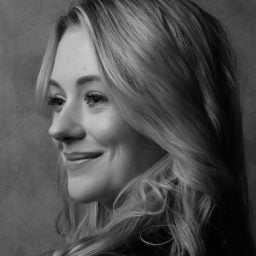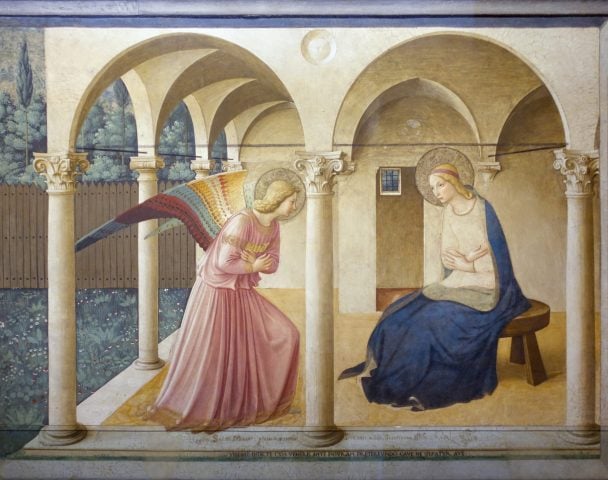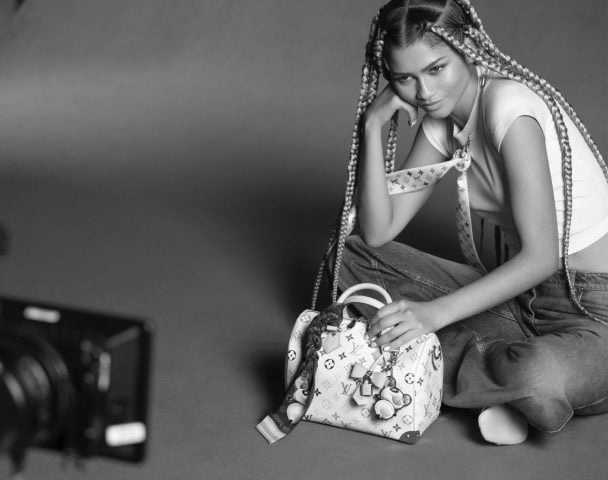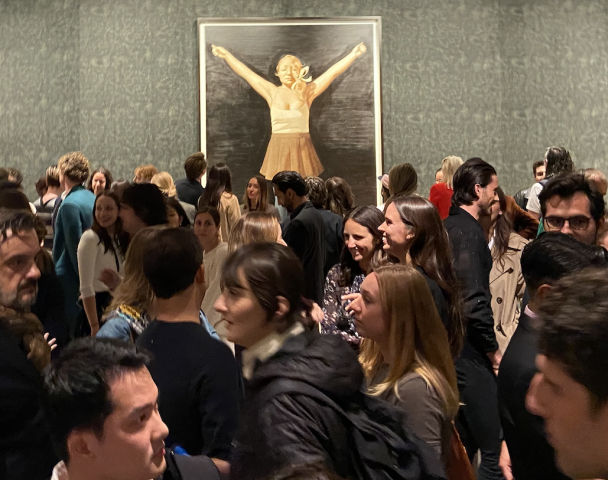Art & Exhibitions
A Dutch Artist Is Delving Into the Murky Attribution of Duchamp’s ‘Fountain’
Barbara Visser's new film, "Alreadymade," invites audiences to contemplate the boundaries between authenticity and imitation.
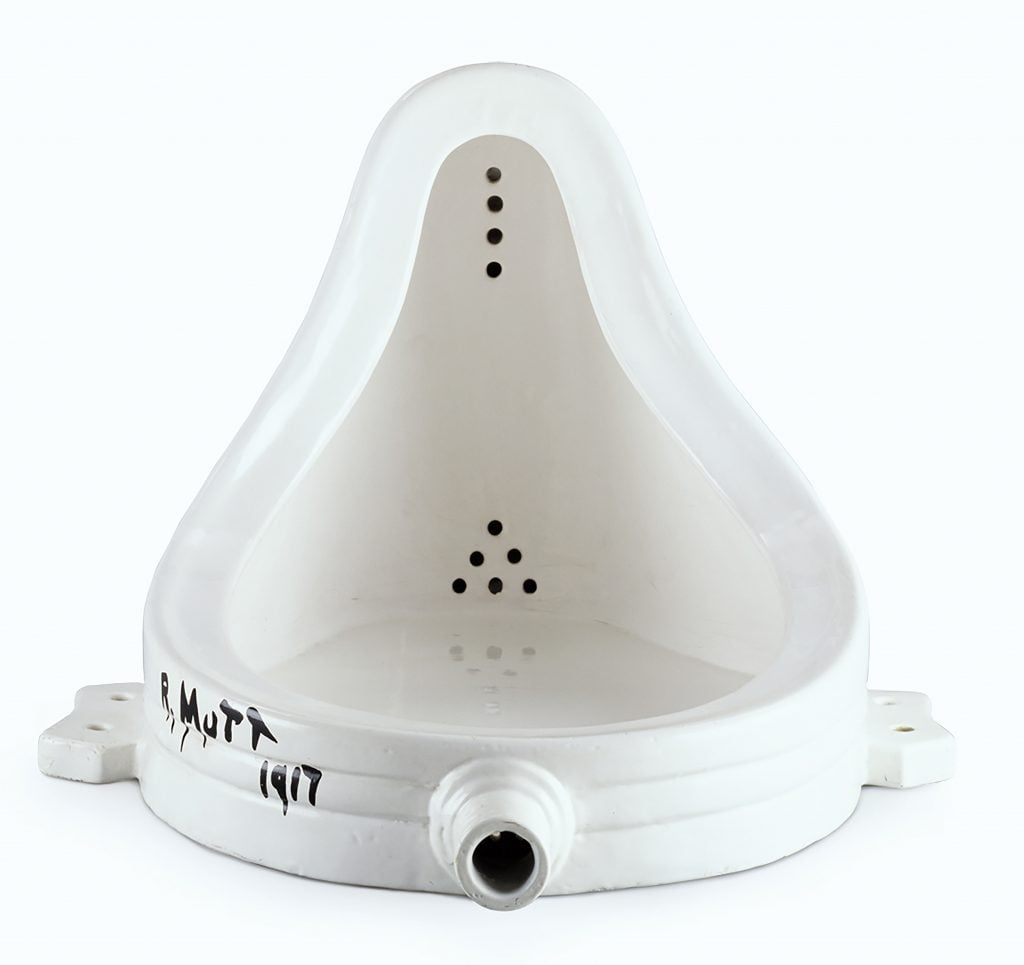
One of the most controversial artworks sparking debates over authorship, and even inspiring numerous unauthorized replicas produced by artists, craftsmen, and commercial manufacturers is Marcel Duchamp’s urinal, Fountain (1917). Signed under the pseudonym “R. Mutt,” it was originally rejected from the 1917 Society of Independent Artists exhibition in New York, before the original was lost or destroyed.
While Duchamp claimed authorship of Fountain, rumors have persisted that it was, in fact the work of Dadaist, Baroness Elsa von Freytag-Loringhoven. In 2023, art historian Glyn Thompson attributed the handwriting on the urinal to Von Freytag-Loringhoven, while also identifying the urinal as a distinct model produced by a plumbing shop in Philadelphia, a city Duchamp never visited and where Von Freytag-Loringhoven resided.
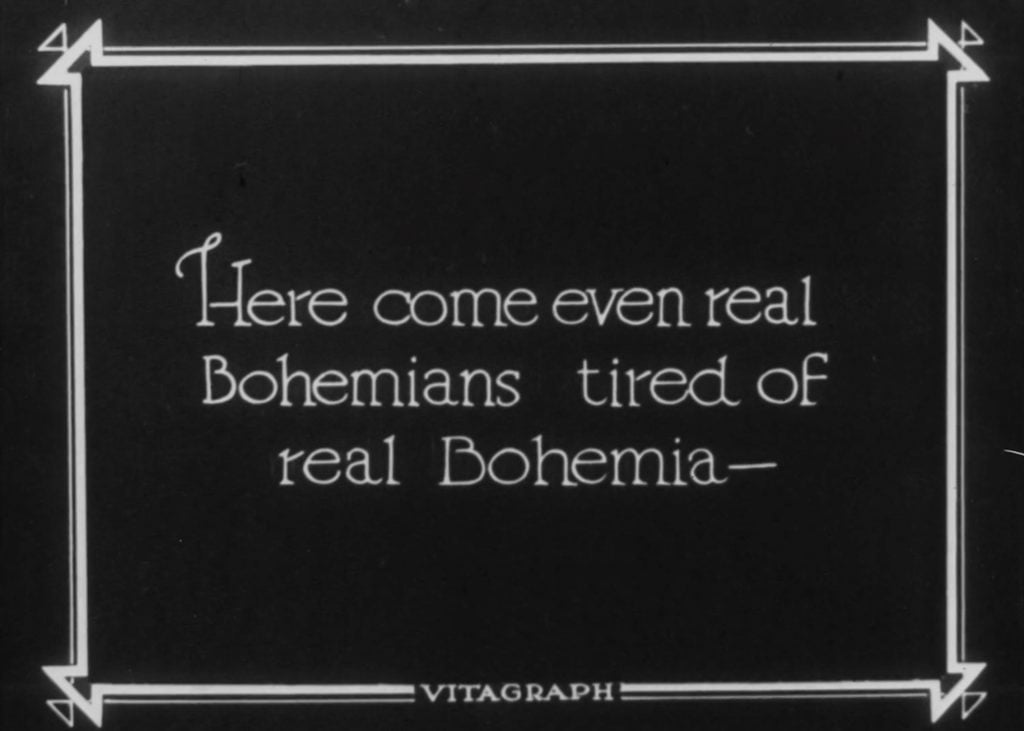
Still from Barbara Visser, Alreadymade (2023). © Barbara Visser / Tomtit Film & VPRO.
Dutch artist Barbara Visser, whose practice is driven by the desire to question the reliability of facts, memories and societal beliefs, places Fountain at the center of her latest film, Alreadymade (2023). Presented as part of a site-specific installation at Kunsthaus Zürich, the film invites audiences to contemplate the boundaries between reality and illusion, authenticity and imitation. Visser delves into this ambiguity, inviting audiences to question: who truly holds the reins of artistic creation?
The film does not present a traditional narrative. Rather than putting forward the evidence behind Von Freytag-Loringhoven’s involvement in the work, Visser uses cutting-edge technologies like motion capture and meta-human modeling which she pieces together with found footage. Through blurring the old and the new, she challenges the audience to question the essence of reality and creativity.
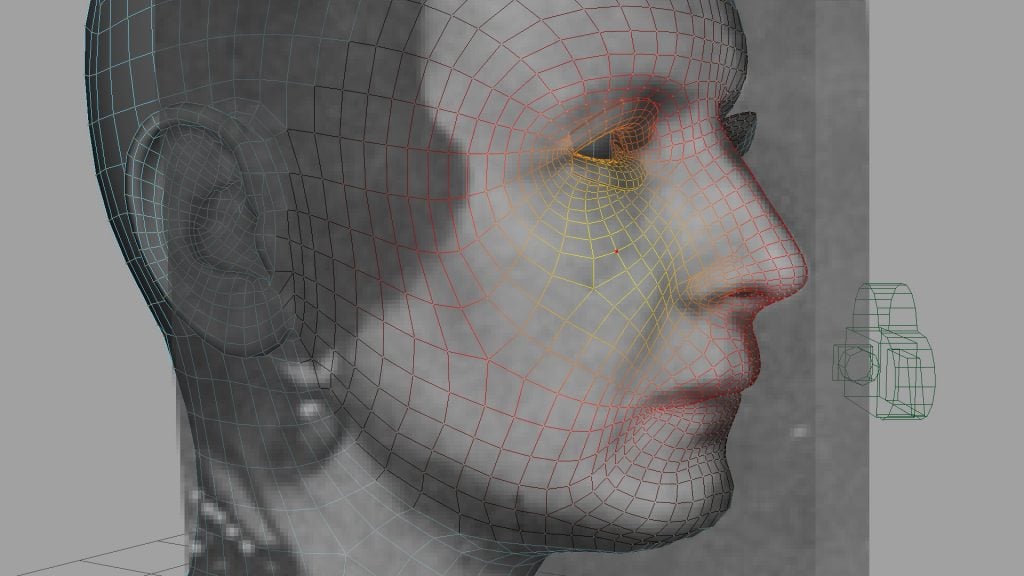
Still from Barbara Visser, Alreadymade (2023). © Barbara Visser / Tomtit Film & VPRO.
Alreadymade, its title inspired by Duchamp’s concept of the “readymade”—wherein an ordinary object is elevated to the status of a work of art—extends beyond mere attribution, prompting questions that may arise from the very answers she seeks.
History reveals a pattern of reluctance to recognize the intellectual and creative authority of female artists and writers. Figures like Artemisia Gentileschi, Simone de Beauvoir, and Lee Krasner were overshadowed by their male counterparts in their lifetimes. Through Alreadymade, we are reminded of historical injustices, urging us to reassess the narratives we’ve been taught.
See more images from the show below.
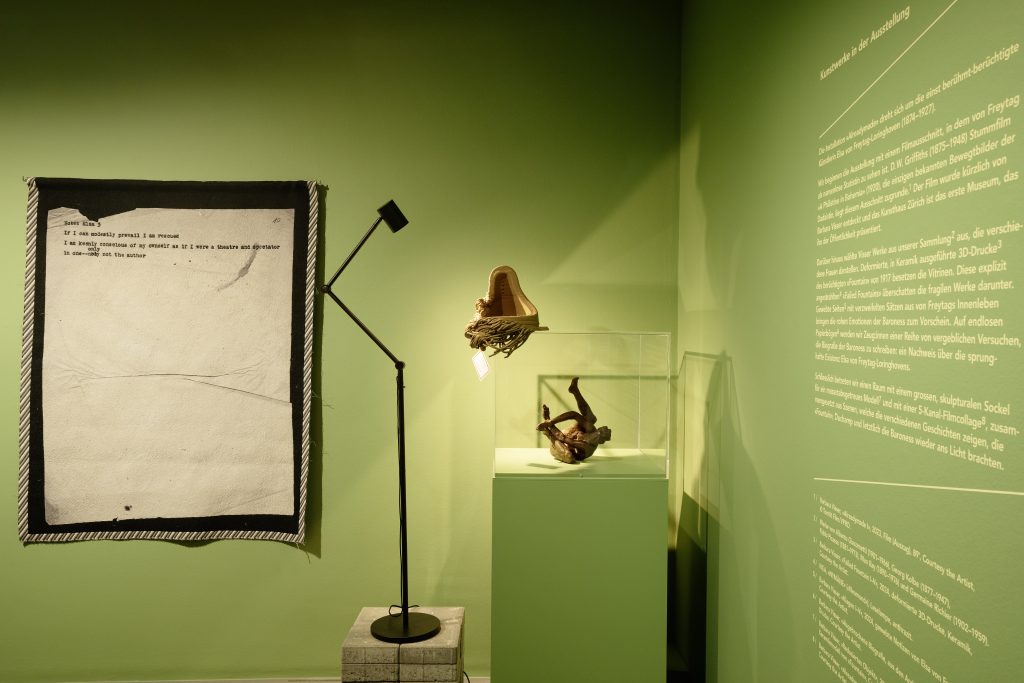
Installation view of “Barbara Visser – Alreadymade” at Kunsthaus Zürich. 2024. Photo: © Franca Candrian, Kunsthaus Zürich. © Barbara Visser.
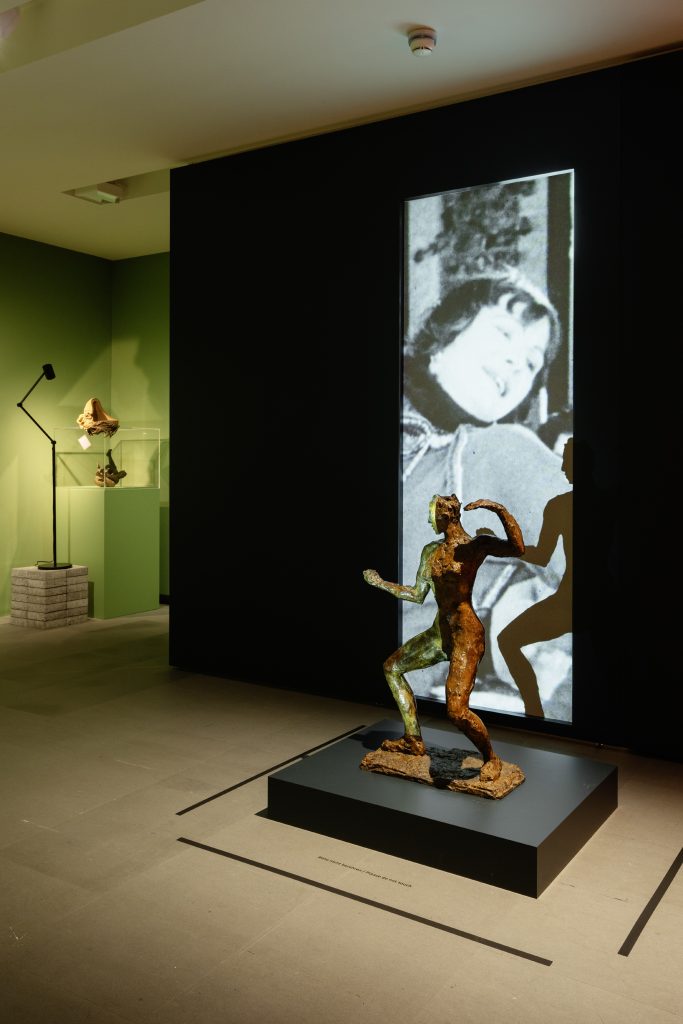
Installation view of “Barbara Visser – Alreadymade” at Kunsthaus Zürich. 2024. Photo: © Franca Candrian, Kunsthaus Zürich. © Barbara Visser.
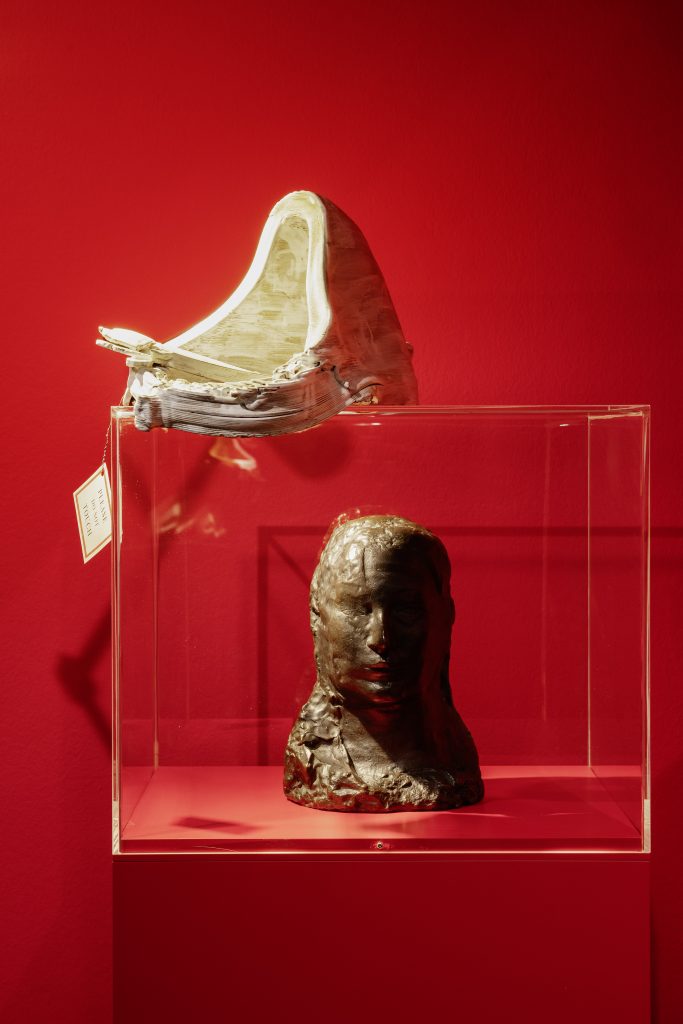
Installation view of “Barbara Visser – Alreadymade” at Kunsthaus Zürich. 2024. Photo: © Franca Candrian, Kunsthaus Zürich. © Barbara Visser.
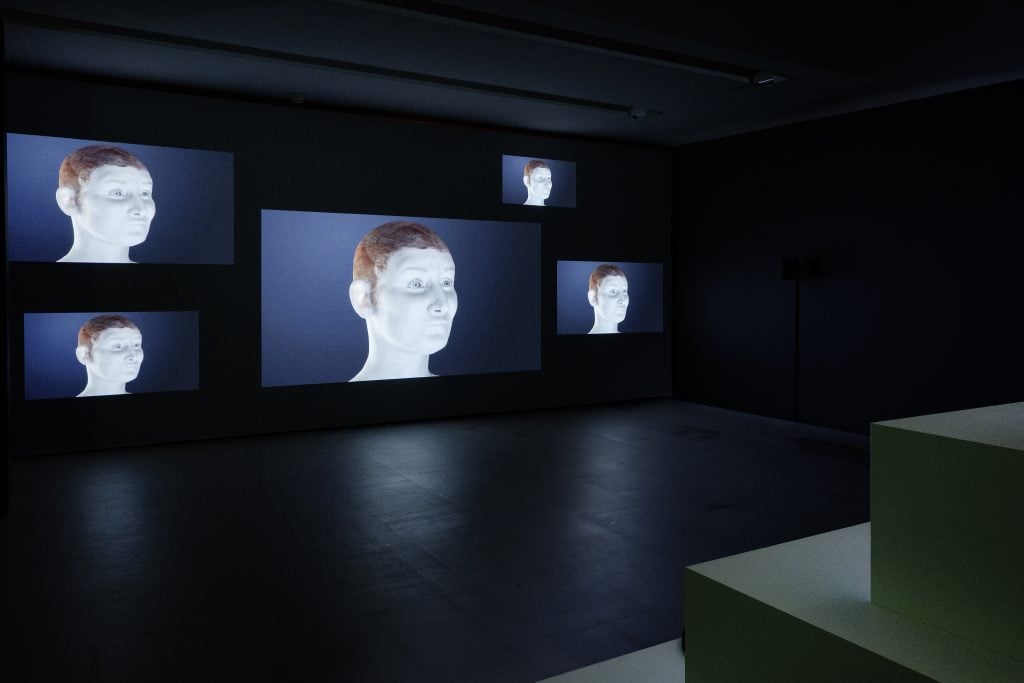
Installation view of “Barbara Visser – Alreadymade” at Kunsthaus Zürich. 2024. Photo: © Franca Candrian, Kunsthaus Zürich. © Barbara Visser.
“Barbara Visser – Alreadymade” is on view at Kunsthaus Zürich, Heimplatz, CH–8001 Zurich, February 9 through May 12.

